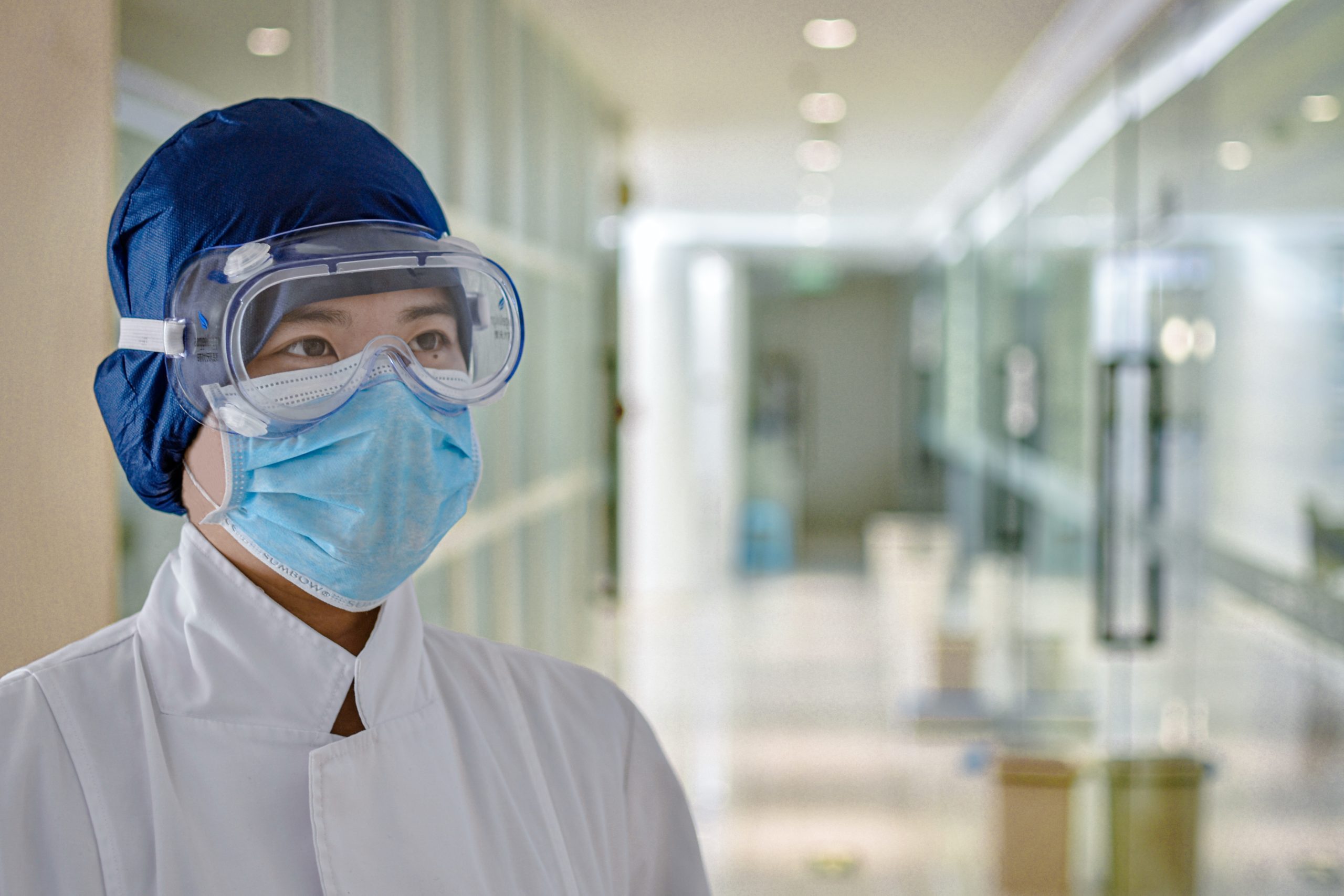The Impact of COVID-19 on Healthcare and Frontline Workers – PTSD

Globally, the coronavirus has claimed over 321,000 lives as of May 18, 2020. While the available statistics and social isolation amidst the quarantine and lockdown are enough to induce trauma and other mental health problems like depression around the globe, frontline workers appear at greatest risk.
In fact, in Ontario, almost 17 percent of all diagnosed COVID-19 cases are healthcare professionals.
The world’s economies faced an unprecedented situation as almost all businesses closed shop, and millions of people retreated to the safety of their homes to work remotely following the outbreak of the virus. Even during those turbulent times, however, there was a huge swath of workers who have no option but to head out to work. Now that businesses are once again opening up, more and more workers have to face the difficult decision of heading back to work.
Even though people are coming back to work, the risk of the COVID-19 has not yet been eliminated. We can argue the fact that most of these workers are those who need to be in the frontlines to carry out the essential operations of daily human lives, like healthcare workers, law enforcement workers, and supermarket workers (although this should not detract from the fact that they are making an unbelievably huge sacrifice and many of these workers are also not given an option to stay at home).
People who are unwilling to take the risk are given a heart-wrenching ultimatum; take unpaid leave — or even risk losing your job — or keep working and ACCEPT the risk of bringing a deadly virus home to loved ones.
Unsurprisingly, many people chose to do the former and are now left with no source of income to tide them over in these trying times. Those who have been forced to come to their offices may not feel safe, which is quite understandable, and are demanding higher protection from their employers.
Worsening this situation is the fact that many businesses are not equipped with personal protective equipment (PPE) for their employees, nor is there adequate ventilation in the workplace. There is also a shortage of PPE equipment in the market so people may be unable to take their own protective equipment to work from home.
Plus, even if the equipment is available in the market, many people were forced to take unpaid leave for work, meaning they are operating on a reduced or no income, making it difficult for them to purchase new PPE equipment.
Sitting in a crowded office puts people at significant risk of the coronavirus. This is exacerbated by the fact that many businesses do not have the appropriate stringent measures that can keep their workers safe from the virus, particularly when they are already working on reduced staff. Worse, many businesses do not keep track of how many of their employees have been exposed to the virus and are in isolation.
The fear of contracting the virus coupled with the dread of losing their livelihood has put frontline workers at risk of Post-Traumatic Stress Disorder.
Below we highlight some basic information about what healthcare workers are dealing with and some useful coping tips.

Challenges Faced by Frontline Workers
While nurses and journalists are exposed to severely stressful conditions daily and are generally acknowledged as resilient, it does take a toll on the mental well-being of frontline workers, especially when dealing with an unprecedented situation as we face globally today.
- 90,000 healthcare works infected by Covid-19
- 12,298 health care workers infected in Spain according to statistics released by Aljazeera.
- 3607 healthcare workers infected in Ontario alone as per a CBC news report.
The lack of personal protective equipment and ventilators, as well as space, are all stressors that induce trauma. Moreover, healthcare workers now have the added pressure of attending and providing comfort to ailing patients whose families are not allowed to visit them. They also are concerned about protecting themselves from the virus and not transmitting it to their loved ones.
The situation places healthcare workers at risk of moral injury, compassion fatigue, PTSD, and burnout. To walk out of this situation stronger, here are a few steps to help frontline workers at risk of Post-Traumatic Stress Disorder focus on their mental well-being.

Practice Self Compassion
It is important for healthcare workers to understand they need to be kind to themselves and understand things are not the same right now. COVID-19 is a deadly virus for high-risk patients and even with the earliest interferences, healthcare workers won’t be able to save all of them. This is why it is important to not lay the blame on yourself and accept these things are out of your control.

Establish a self-care routine
Following a regular routine, or even creating a temporary new routine can help you cope with the impact of the outbreak.
Here are a few things you can do to take care of your mental health in these trying times.
- Take short brisk walks as it will help release the pent up tensions in the muscles. It also gives a much-needed break from stressful surroundings.
- Meditate to help calm nerves and lower stress levels.
- Set reminders to ensure you take at least three meals a day.
- Avoid unhealthy coping strategies like over-reliance on caffeine or medication like painkillers or sleeping pills.
- Get restful sleep
- Spend time with love ones
Seek professional help – We cannot stress upon the importance of reaching out to a professional. The situation has gone on long enough to create suffering and imbalance in the most resilient of human beings. Common symptoms to watch out for are:
- Inability to sleep
- Physical and emotional distress
- Flashbacks
- Recurring nightmares
- Irritability
- Hypervigilance
- Anxiety
- Heightened reactions
If your symptoms worsen, reach out to professionals.
Residential treatment centers may be an ideal option as they can help you take some time out and de-stress. We, at Paradise Valley Healing Center, offer residential treatment as well as video sessions to help you realign and re-center your thought process. Our services help individuals cope with emotional stress and enhance the mental well-being of frontline workers and others.
